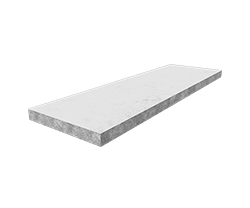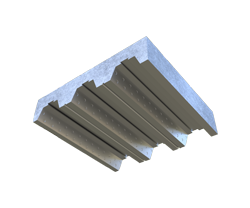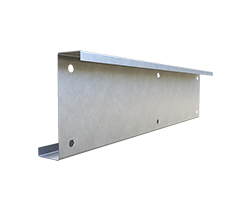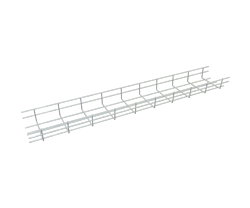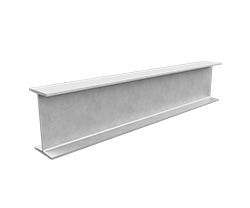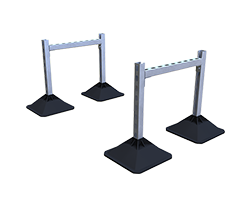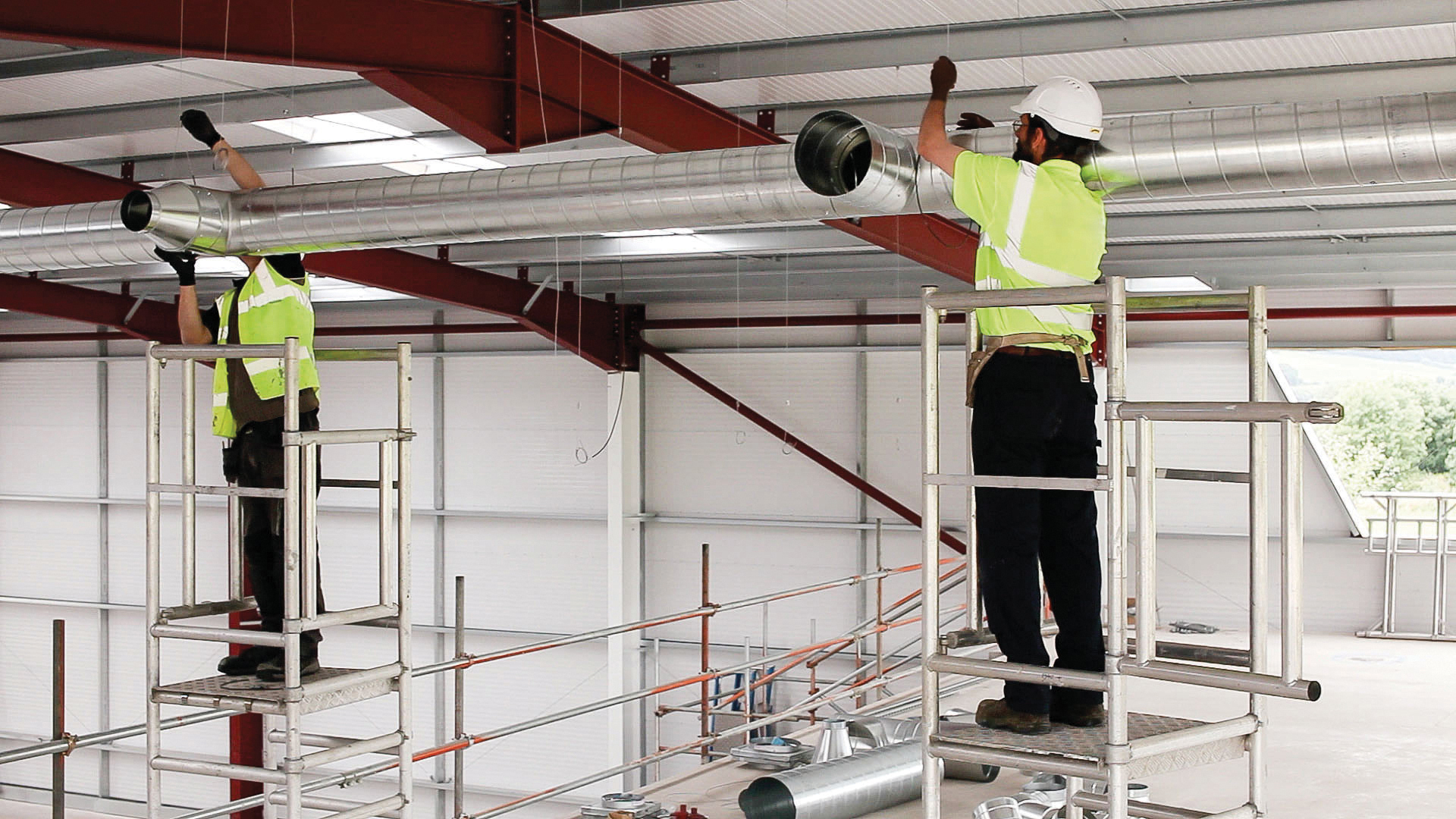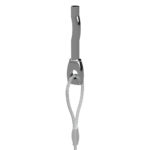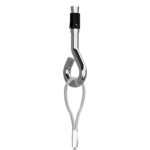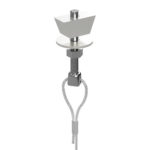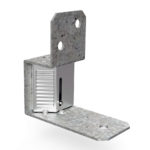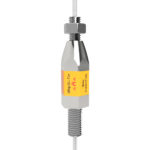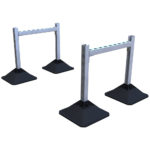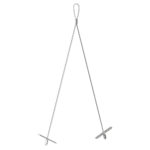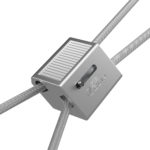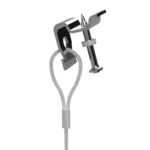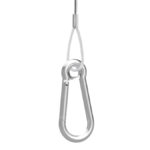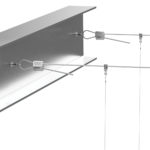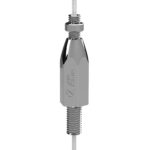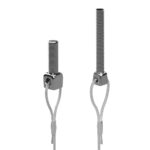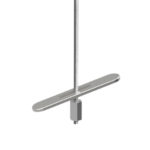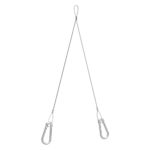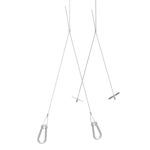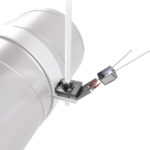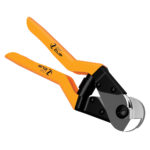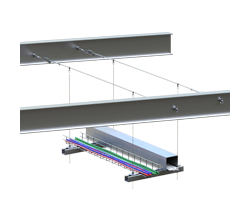
TRAINING COURSES AND PRESENTATIONS
As a key part of our technical service, Zip-Clip offers a range of training that can be tailored specifically to meet the needs of both distributors of our products and end-users, helping to ensure that everyone is 100% confident when recommending and installing our suspension and bracing solutions.
Chartered Institution of Building Services Engineers (CIBSE) Accredited CPD’s:
- Wire Support Solutions – The Alternative to Threaded Rod
- Zinc Whiskers – Awareness, Understanding, and Dealing with the Problem
- The Environmental Benefits of Wire Rope Suspension Solutions
Other courses offered by Zip-Clip:
- Reducing Prime Costs of Services Suspension Installations
- Material Finishes of Services Containment Solutions
- Cable Management Systems
These courses/presentations can be made available online or face-to-face depending on the number of attendees.
Please contact us either by completing the ‘CONTACT US’ form on this website or by emailing learning@zip-clip.com
COURSE/PRESENTATION OVERVIEWS
Wire Support Solutions – The Alternative to Threaded Rod
This presentation will provide specifiers and installers with the information necessary to make the change to the use of wire rope suspension solutions in place of threaded rod, from a position of confidence and knowledge. It details the technical, commercial, and environmental benefits that are available by making the change.
Zinc Whiskers – Awareness, Understanding, and Dealing with the Problem
This presentation explains what a zinc whisker is, how it is formed, and at what point it becomes a threat to systems. With the security of information being of paramount importance, it is crucial to have the knowledge in order to make considered judgments on how to reduce or eliminate the potential threat posed by zinc whiskers. This presentation addresses the material selection process and looks at the solutions available to reduce or eliminate the threat, the key question is at what cost?
The Environmental Benefits of Wire Rope Suspension Solutions
This presentation looks at how thoughtful and considerate specification and design can have significant benefits to the first-fix installation. The content outlines how by working with the standards and within manufacturers’ guidelines, weight, number of components, and CO2 emissions can all be reduced. Simple cost-effective measures which, if applied globally, will provide enormous benefits.
Reducing Prime Costs of Services Suspension Installations
This presentation looks at a number of ways of reducing both labour and material content to reduce the prime cost. It explains how, by using the standards DW144 and IEC 61537, in conjunction with manufacturers published loading information, significant savings can be made. Using this information and applying it in line with innovative designs and component technology will add further to the savings available.
Material Finishes of Services Containment Solutions
This presentation looks at the various materials from which containment (cable management systems) are produced. We identify the right material for the environment in which it is being installed. Understanding the galvanising process, rates of degradation, and the sacrificial process that is galvanising, will provide information and understanding of aesthetic and practical solutions. Incorrect specification of material can result in over-specified solutions and increased costs, whilst under-specification too will incur associate costs.
Cable Management Systems
This presentation looks at the different forms of cable management solutions available, how and where they are used, and the materials that they are manufactured from. The content looks at some of the common misconceptions around cable management and how the “cut and paste” approach to design and installation can mean that technical, commercial, and environmental benefits are not being maximised.
– – –
Courses and learning activities offered by Zip-Clip are available for individuals and organisations alike and as well as running a programme of courses throughout the year that are open to all, we are able to offer training specifically tailored to meet the requirements of your team and their learning needs.
For further information on CPD-accredited courses and other learning opportunities available from Zip-Clip email learning@zip-clip.com, or call us on +44 (0) 1686 623 366.
Alternatively, complete a ‘CONTACT US’ form and let us know which course(s) you are interested in.

